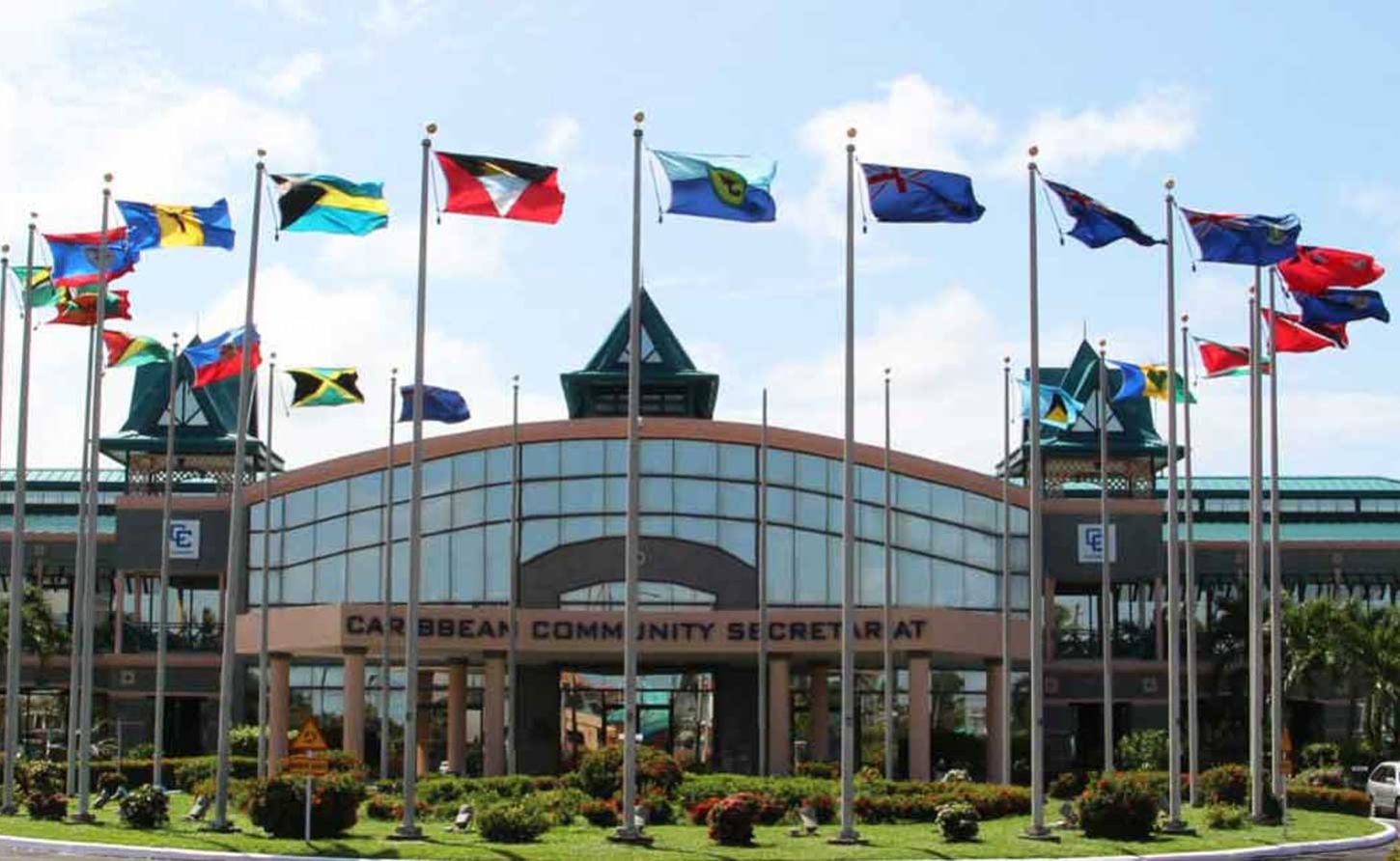CARICOM Draws Line in Sand Over Gaza: Caribbean Bloc Condemns Israeli Seizure as "De Facto Annexation"

MONTEGO BAY, Jamaica, August 13, 2025 - In a forceful statement that positions the Caribbean Community as an unwavering voice for international law, CARICOM's Council for Foreign and Community Relations has issued its sharpest condemnation yet of Israel's military actions in Gaza, explicitly characterizing the seizure and control of Gaza City as tantamount to "de facto annexation."
The August 13 declaration from the regional bloc's Georgetown headquarters pulls no punches, warning that Israel's latest military maneuver "risks prolonging the conflict, exacerbating the humanitarian crisis, and further endangering the lives of Israeli hostages being held by Hamas."
It represents a significant escalation in diplomatic language from an organization that has consistently championed Palestinian rights on the global stage.
A Moral Reckoning
CARICOM's intervention comes at a critical juncture when much of the international community has grown weary of the protracted conflict. While major powers engage in diplomatic double-speak, the 15-member Caribbean bloc has chosen moral clarity over political convenience.
The statement's stark warning that Israeli control over Gaza City would "deepen the unfolding famine and result in the deprivation of necessities, severe malnutrition, and starvation" reads like an indictment of international inaction.
The timing is deliberate. As Israel consolidates its grip on Gaza's most populous area, CARICOM is essentially arguing that the international community is witnessing not just military occupation, but a systematic erasure of Palestinian territorial integrity.
The use of "de facto annexation" is particularly significant—it's the language of international law violations, not mere military tactics.
Media Blackout Concerns
Perhaps most tellingly, CARICOM has called out what amounts to an information war. The statement's emphasis on "targeted killings of journalists and media workers in Israeli attacks" coupled with restrictions on international news organizations entering Gaza represents a sophisticated understanding of how modern conflicts are won and lost.
By controlling the narrative, Israel effectively controls international perception—a reality CARICOM refuses to accept.
The Caribbean bloc's insistence that such actions "impede independent verification of the situation on the ground" strikes at the heart of democratic accountability. In an era of information warfare, CARICOM is essentially arguing that the world is being systematically blinded to potential war crimes.
Caribbean Moral Authority
What gives CARICOM's condemnation particular weight is the bloc's consistent track record on Palestinian rights. This isn't opportunistic virtue signaling from a region seeking international attention.
The Caribbean Community has long positioned itself as a defender of small nations against powerful aggressors—a stance born from its own colonial experience and continued economic vulnerability.
The statement's call for an "immediate, unconditional, and sustained ceasefire" represents more than diplomatic boilerplate. It's a direct challenge to the conditional cease-fire proposals that have characterized international mediation efforts. CARICOM is essentially arguing that humanitarian catastrophe doesn't negotiate—it demands immediate cessation.
Beyond Diplomatic Niceties
The regional bloc's unwavering commitment to a two-state solution, described as "the only viable path to a comprehensive, just, and lasting peace," puts it at odds with growing international acceptance of Israeli territorial expansion.
While other international bodies hedge their language with diplomatic ambiguities, CARICOM presents a binary choice: two states or continued conflict.
The statement's conclusion—standing "in solidarity with all victims" while supporting "legitimate aspirations for security and stability of all Israelis, Palestinians, and peoples in the Middle East"—might appear balanced, but it's actually quite pointed.
By emphasizing "all victims" while condemning Israeli actions, CARICOM is effectively arguing that Israeli security cannot be built on Palestinian suffering.
Global Implications
CARICOM's Gaza statement represents more than regional positioning—it's a declaration that small nations will not remain silent while international law is systematically violated.
In a world where major powers often prioritize strategic interests over human rights, the Caribbean Community has chosen to be a moral compass rather than a strategic player.
As Gaza City remains under Israeli control and the humanitarian crisis deepens, CARICOM's voice may prove prescient. History will judge whether the Caribbean bloc stood on the right side of international law when it mattered most.
-30-
